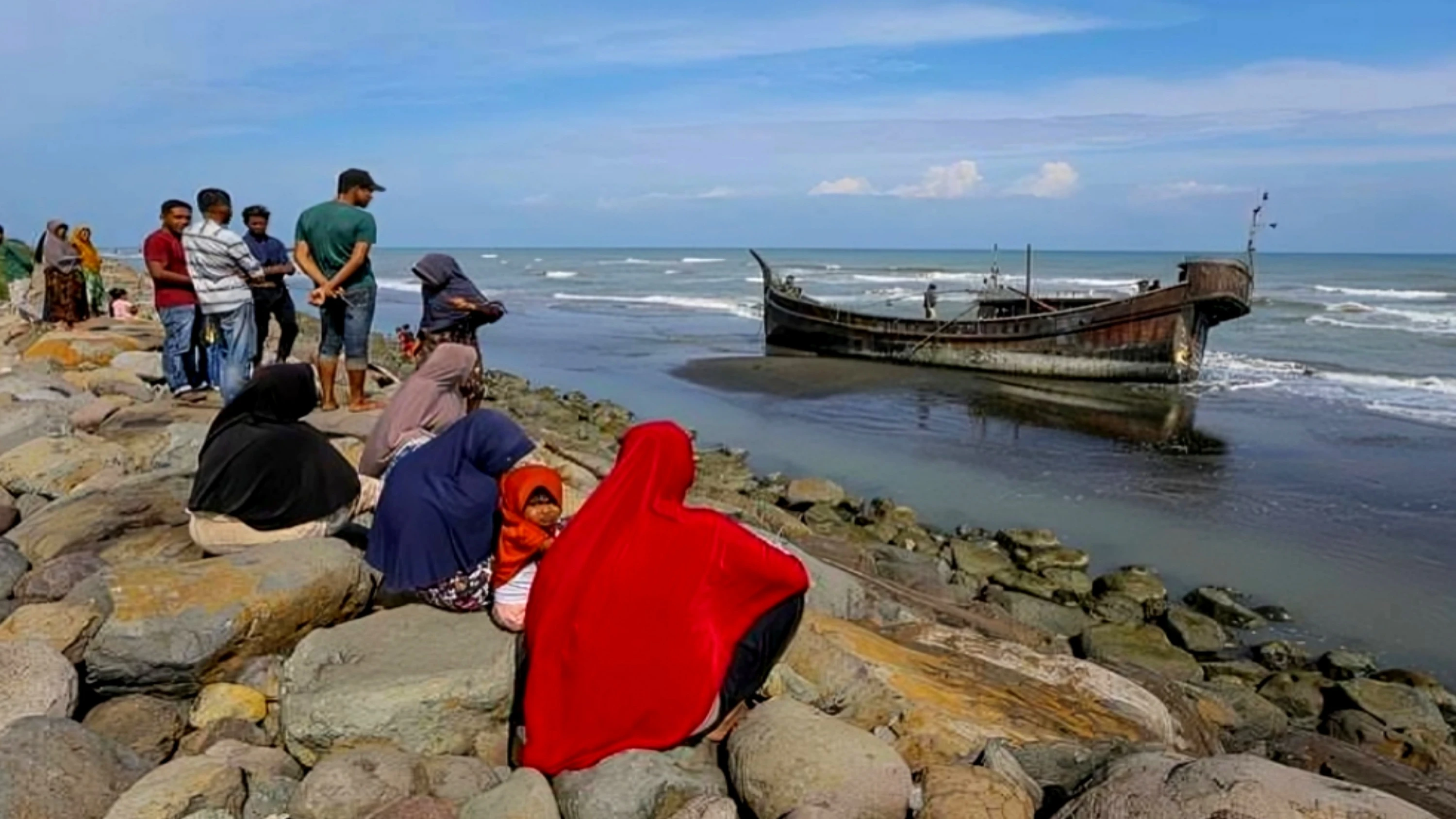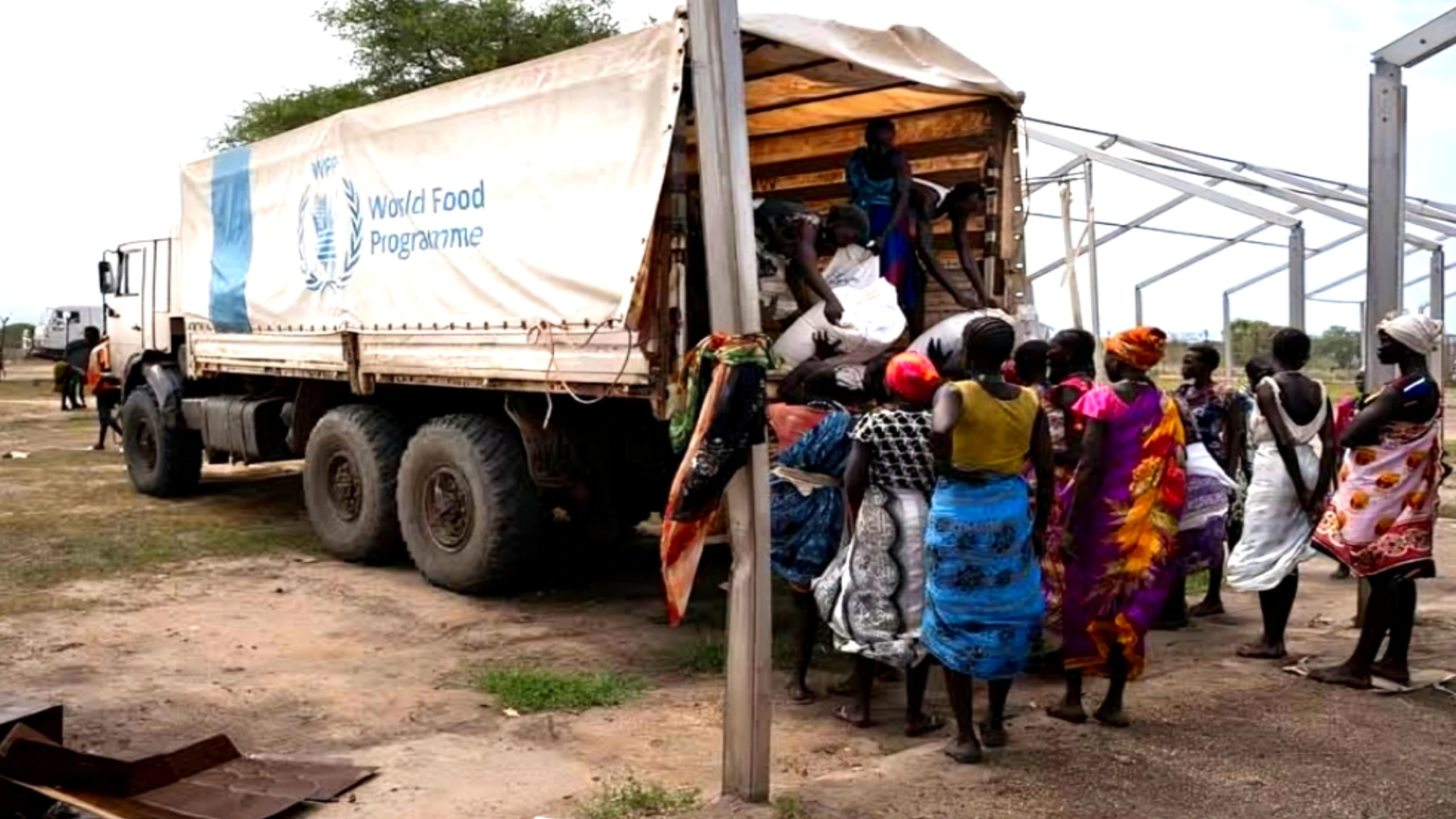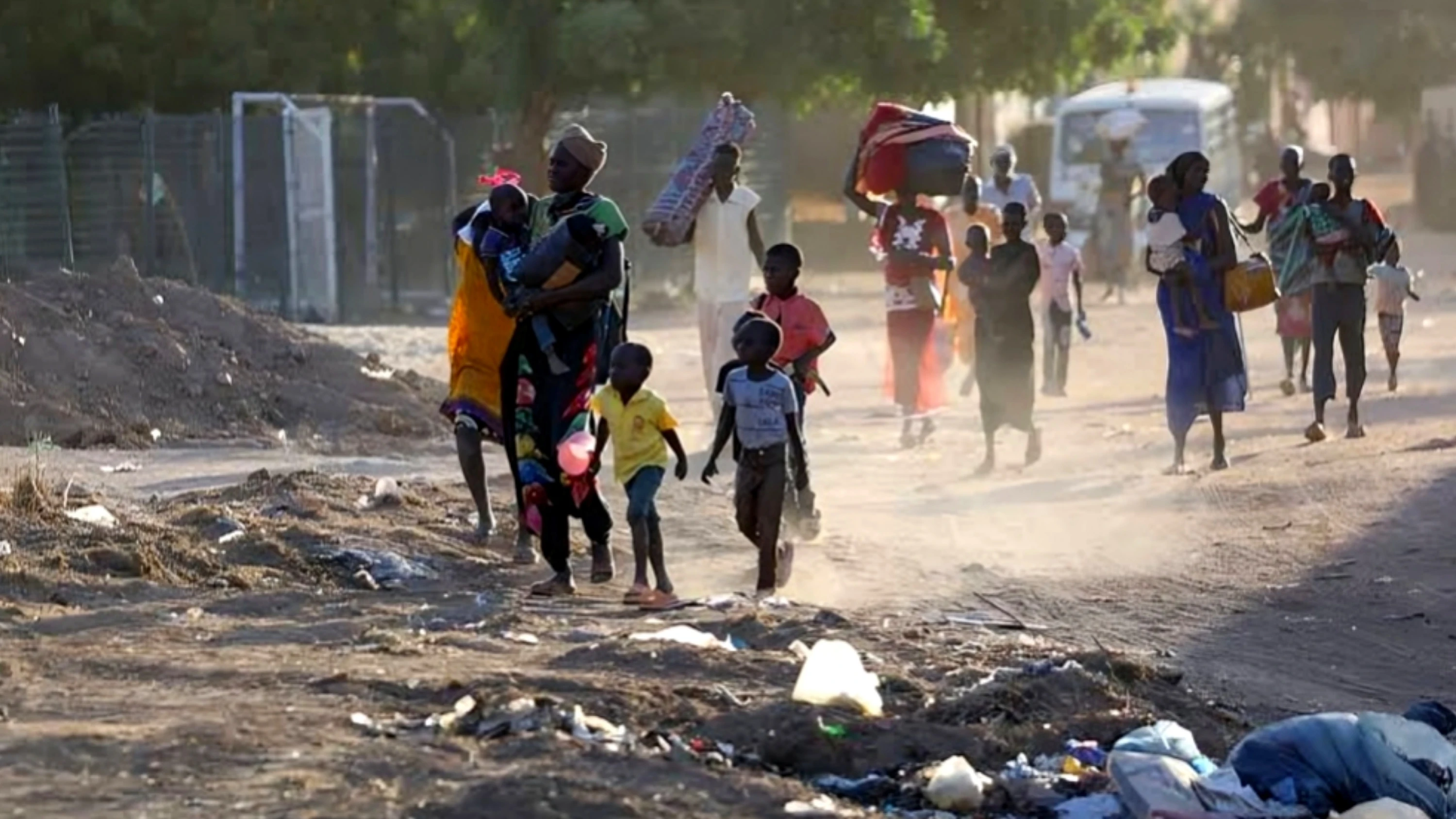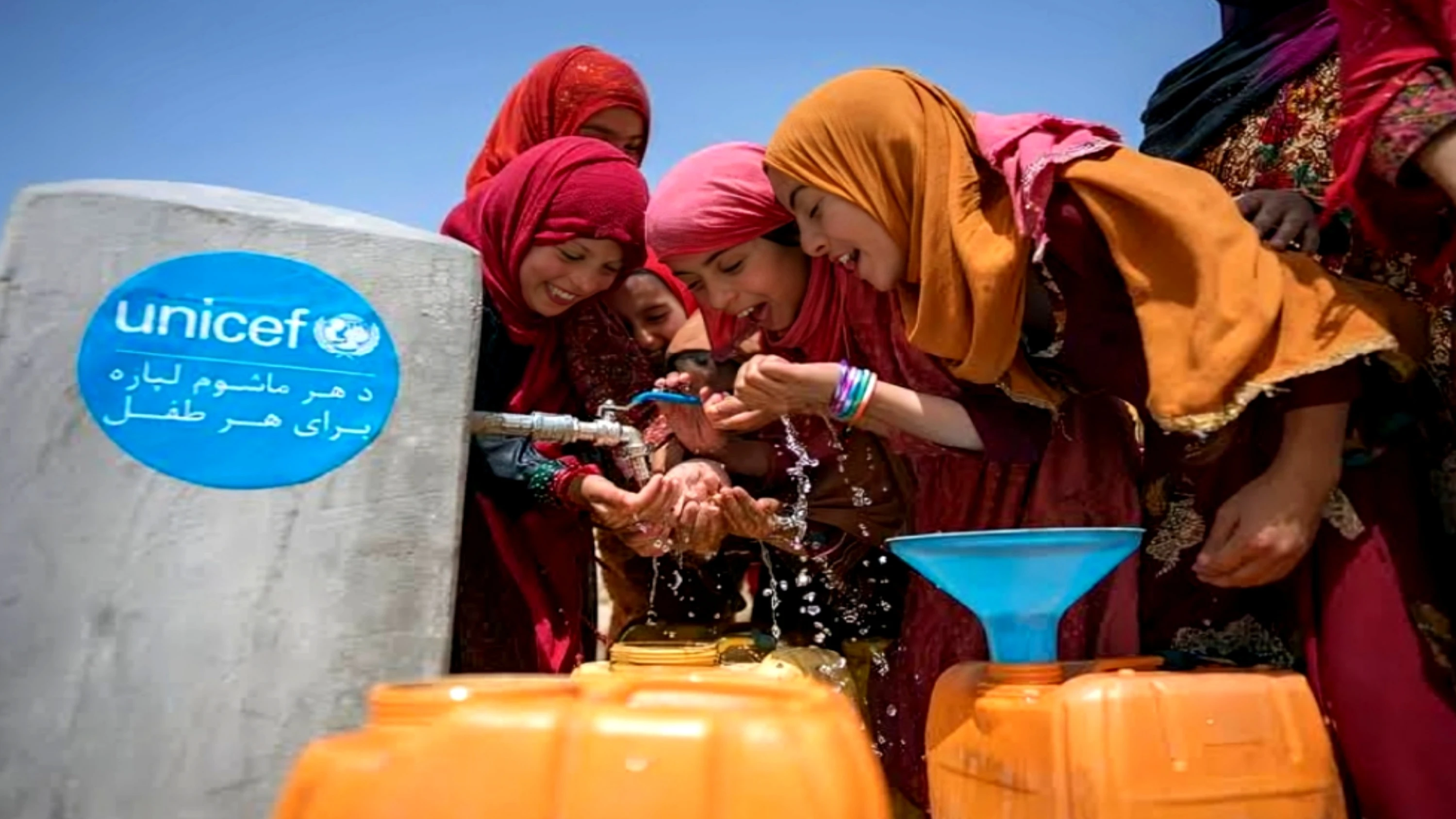Geneva: The UN Refugee Agency (UNHCR) has sounded the alarm over worsening humanitarian conditions in Myanmar and Bangladesh, which it says are pushing more Rohingya refugees to embark on perilous sea voyages.
The agency cited a recent maritime tragedy, in which two boats sank earlier this month, likely claiming the lives of 427 people, as the deadliest such incident involving Rohingya this year.
According to UNHCR, the boats, carrying around 514 individuals, capsized on May 9 and 10. The refugees were believed to have departed from Bangladesh’s Cox’s Bazar refugee camps and Rakhine State in Myanmar. Only 87 survivors were rescued, highlighting the extreme risks Rohingya refugees are willing to take in their quest for safety.
UNHCR attributed the growing desperation among the Rohingya to a combination of deteriorating living conditions and significant cuts in humanitarian funding. Global aid efforts have been severely hampered by reduced donations from key Western donors, including the United States, which has shifted focus to defense spending amid rising geopolitical tensions with Russia and China.
Hai Kyung Jun, Director of UNHCR’s Regional Bureau for Asia and the Pacific, emphasized the impact of funding shortages: “The worsening humanitarian crisis, worsened by financial constraints, is forcing more Rohingya to risk their lives in search of safety and dignity.”
UNHCR stressed that more international support is urgently needed to provide protection and stability for Rohingya communities in both Myanmar and neighboring host countries like Bangladesh. The agency’s appeal for $383.1 million in 2025 funding is currently only 30% met.
Despite receiving over $2 billion from the United States in 2024—accounting for 40% of its total budget—UNHCR was compelled to suspend more than $300 million in planned operations earlier this year to cope with budget shortfalls.
Kyung Jun called the recent deaths a sobering reminder of the need for global cooperation: “Ensuring safe and legal pathways, as well as responsibility-sharing among nations, is critical to preventing such tragedies in the future.”








